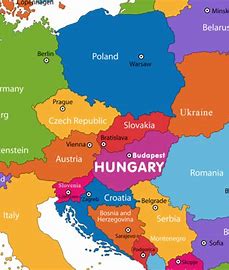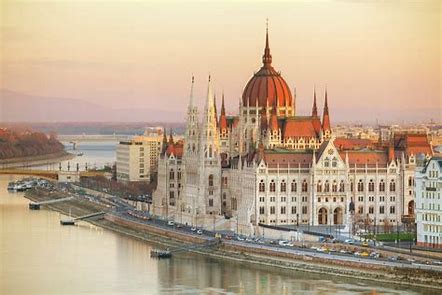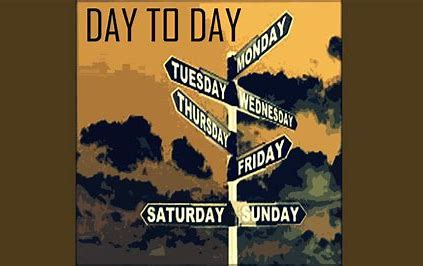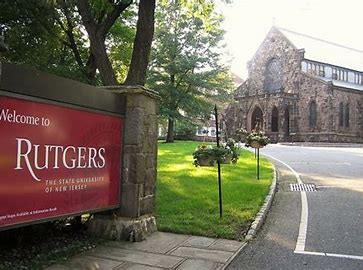My wife does not like to keep things that are broken, but I always think they can be fixed. Maybe this is why I tend to be a pack rat, reluctant to throw things away? I have several tubes of Super Glue in my desk drawer, ready to repair anything. Years ago, it used to be gray tape that was the fix-it-all, but glues have now taken center stage. In fact, right now, I’m held together with glue. It was a lot better option than staples or stitches because the potential of scarring is reduced. After my recent open-heart surgery, there is a foot-long incision that runs from just below my Adam’s Apple to about 3″ above my Belly Button. It’s slowly healing but still sensitive to touch.
As time goes on this scar will become less pronounced, at least I hope so. However, there will always be the reminder of these days of recovery – sometimes painful. Today, I walked a little more than a mile, but still find it difficult to balance. I tend to weave, much like I’m on a floating dock or maybe had a few too many. It’s been over a month since I’ve had a drink – but that will change soon. I’ve also been driving again – making progress.
Yesterday, I definitely overdid it! By bedtime, I was totally out of it – quiet, despondent, and irritable. I had gotten up at 6a to escort my granddaughter to the bus stop. However, she was sick the night before, so she stayed home for school and plans to get together as a family for dinner last night also changed. Just when I thought I might have a restful day, the school called my wife in to substitute, and I drove her to work. Tally rode with us, so I stopped at the dog park on the way back home for her to see her friends. A neighbor then came over and we discussed more details about our book project, “Hungry in Hungary.” After he left, I updated the rough draft and made some phone calls.
I made myself some lunch and headed out to the rehab center to drop off some paperwork from my surgeon. After discussing options, we decided that it won’t start until after I get back from our cruise in mid-April. In the meantime, all I can do is walk. No running, lifting, or raising my arms above the top of my head. I certainly don’t need to make the long drive to the trainer for simply a supervised walk on the treadmill. I can do that on my own on the neighborhood streets. The same may be true for any weight training in the future that I can get accomplished at the nearby fitness center. Cardio rehab may very well be on my own. Next!
It was then time to pick up my grandson, Gavyn, at the bus stop and drive him home, as I once again put on my Uber cap. Once that grandfatherly duty was completed, I picked my wife up at school and we headed home for my afternoon walk and dinner. She was justifiably disappointed that I failed to get my honey-do list done. All these modifications in my schedule, book writing, and multiple errands proved to be exhausting. I was already beginning to nod-off as we watched TV, so bedtime came early. I’m definitely still tired and broken, joining the other broken stuff that we own. These include my glasses, the Valentine’s gift I bought, a sentimental Austin snow globe that mysteriously fell apart, the towel rack in our guest bedroom, the cable-TV box, and a cabinet door. I guess I’m in good company, waiting to be repaired.









